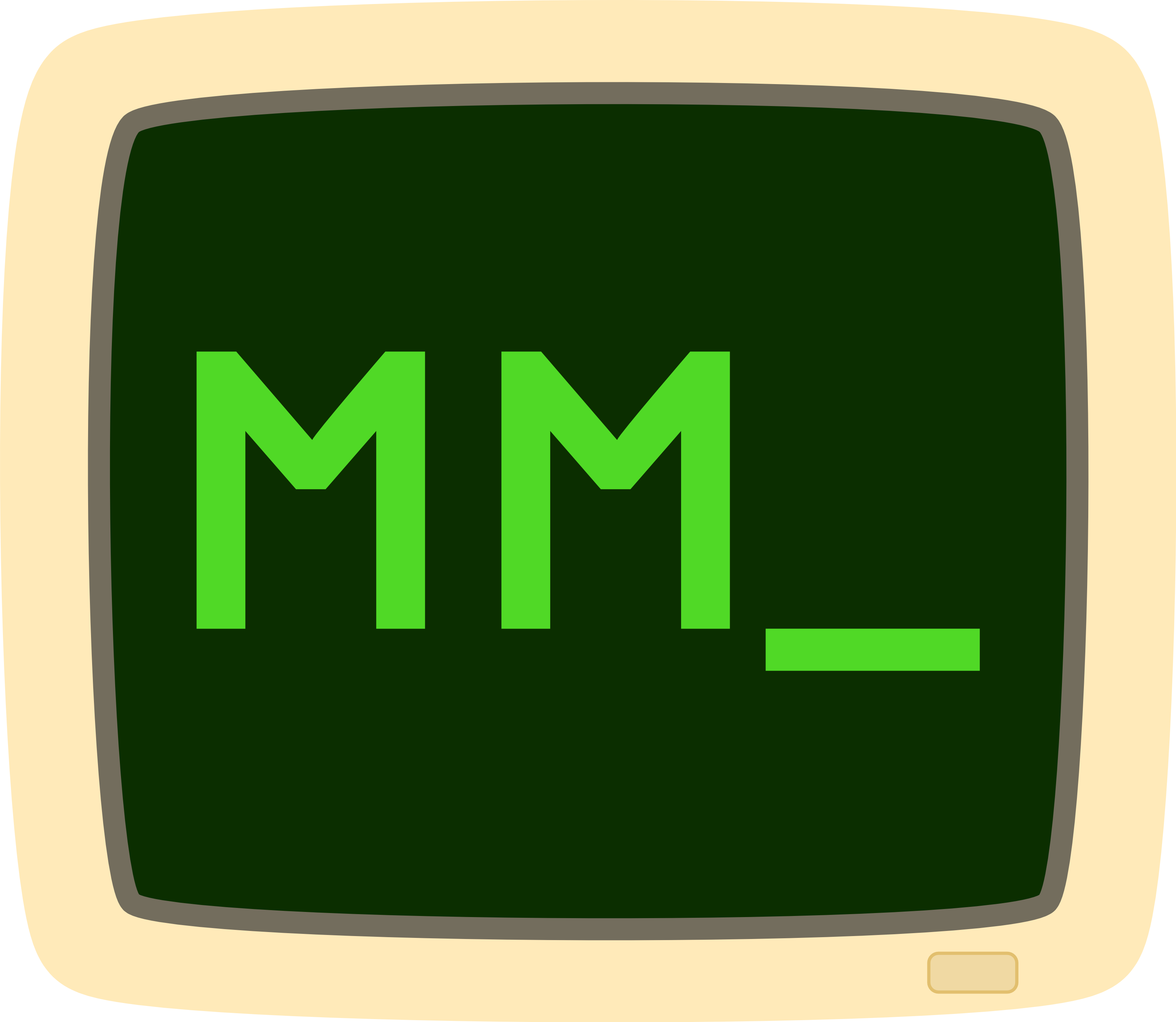Purpose > Productivity
I am a recovering productivity addict. I read David Allen’s book “Getting Things Done” several times. I practised Inbox Zero religiously. It feels like I’ve tried all the popular to-do apps, calendaring strategies, and productivity methods. Spending my time as efficiently as possible was so important to me that it actually gave me joy to realize that crossing a red pedestrian light isn’t frowned upon in Ireland nearly as much as it was back in Germany. What a time-saver! But something has changed. And the result of this change isn’t just that I now tend to prefer to wait at a red light—even if there isn’t a car on the street.
That change was the realization that purpose is much more important than productivity.

Even sysadmins need downtime
Doing a task takes time, and it requires resources such as creativity and willpower. Efficiency means optimizing the product of both: taking less time, less resources, or ideally, less of both. But burnout taught me that efficiency doesn’t replenish those resources. All too often, shortly after I introduced a new productivity method into my workflow, I found myself with lots of time left, but no energy to tackle more work. Eliminating “waste” felt great, seeing myself check off one task after the other. But when my mental batteries ran out of juice in the middle of the day, I felt defeated and insufficient.
It’s tragic that we haven’t yet fully overcome the protestant work ethic that tells us that busyness equates to virtue. That time spent on fun, leisure or rest is time wasted.
Often, this perceived waste of time is a necessary element for delivering great work. For example, downtime is necessary to let thoughts ferment for a while. I used to value my walks to the coffee shop as an opportunity to listen to podcasts, to use this unavoidable downtime for self-improvement. But by blasting other people’s thoughts into my brain all the time, I kept suppressing my own. Today, I don’t put in headphones reflexively when I leave the house, and red lights don’t bother me any more. On many walks, I talk some current issue through with myself instead, and enjoy the occasional “ah yes, of course” moment. I’m my own thought-leader now.
Productivity without purpose
Ironically, productivity itself can be a waste of time and energy, and that’s when it’s not aligned properly with a goal. I’m sure you’ve experienced such a moment yourself where you delivered the result of your diligent work, just to be told “Yeah… that’s not what I had in mind.” Terrible, right? It’s like running at full speed, just in the wrong direction. Or, as Peter Drucker put it in the 1960s:
“There is surely nothing quite so useless as doing with great efficiency what should not be done at all.”
Peter S. Drucker
That’s why I consider the most valuable tool I acquired by reading “Getting Things Done” not the 43 folders or the next actions or the work contexts. It’s the weekly review. This review allows me to decide over and over where to reinforce and where to redirect my focus. What’s still or newly important, and what isn’t any more.
My advice to you is: Be conscious of when it makes sense for you to put down that productivity pedal. Will it get you to where you want to be more quickly, or will it just extract the most value from you in the shortest amount of time, to someone else’s, or maybe even to nobody’s benefit?
This article was originally published in my newsletter, “News From the Server Room”. To get my column “Mentor Monologue” fresh when I publish it, subscribe here.
